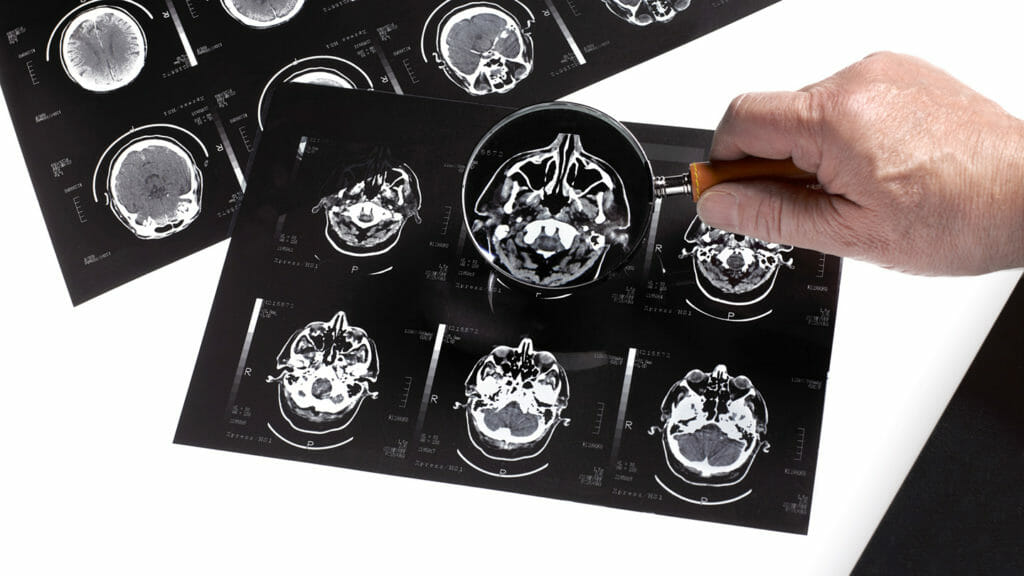
Two bipartisan bills prioritizing Alzheimer’s research and support of scientists in the development of treatments for the disease were reintroduced in Congress last week.
The NAPA Reauthorization Act (HR 619) would reauthorize the National Alzheimer’s Project Act through 2035 to provide a roadmap for federal efforts in responding to Alzheimer’s and other forms of dementia.
The Alzheimer’s Accountability and Investment Act (HR 620), signed into law in 2015, requires National Institutes of Health scientists to submit an annual Alzheimer’s research budget proposal directly to Congress. The bill would extend the bypass budget through 2035.
In August, NIH researchers requested an additional $321 million in fiscal year 2024 for research into Alzheimer’s and other dementias. Alzheimer’s research funding has seen a seven-fold increase since passage of NAPA in 2011. Today, funding for research in Alzheimer’s and other dementias totals more than $3.5 billion.
“With 6.5 million Americans suffering from Alzheimer’s, there is an enormous, immediate need for more federal resources and programs to prevent, treat and ultimately find a cure for this devastating disease,” Rep. Chris Smith (R-NJ) said in a statement. “While real progress has been made and new therapies are advancing to help patients and caregivers, we cannot let up in the fight for improved treatments and a potential cure for Alzheimer’s.”
Robert Egge, the Alzheimer’s Association chief public policy officer, said passage of the bills is the next step to continue the critical work of the National Plan to Address Alzheimer’s Disease, a national strategic plan addressing rapid research and improving the delivery of clinical care and services for affected individuals and their families.
“These bills reaffirm our nation’s commitment by helping to secure federal investments in Alzheimer’s research and improve access to better quality care and support services for individuals living with Alzheimer’s and their caregivers,” Egge, who also is executive director of the Alzhiemer’s Impact Movement, a separately incorporated advocacy affiliate of the Alzheimer’s Association, said in a statement.
A strategic plan to combat Alzheimer’s
NAPA, signed into law more than a decade ago and set to expire in 2025, requires annual updates to the National Plan to Address Alzheimer’s Disease. Improved COVID-19 testing in assisted living communities and support for clinical trial research were part of the 2022 update to the plan.
Along with extending the plan, the NAPA Reauthorization Act includes language meant to address health disparities among underrepresented populations, adds a sixth goal to the plan related to healthy aging and reducing risk factors for dementia, and adds new federal representatives to the Advisory Council from the Department of Justice, the Social Security Administration and the Federal Emergency Management Agency.


